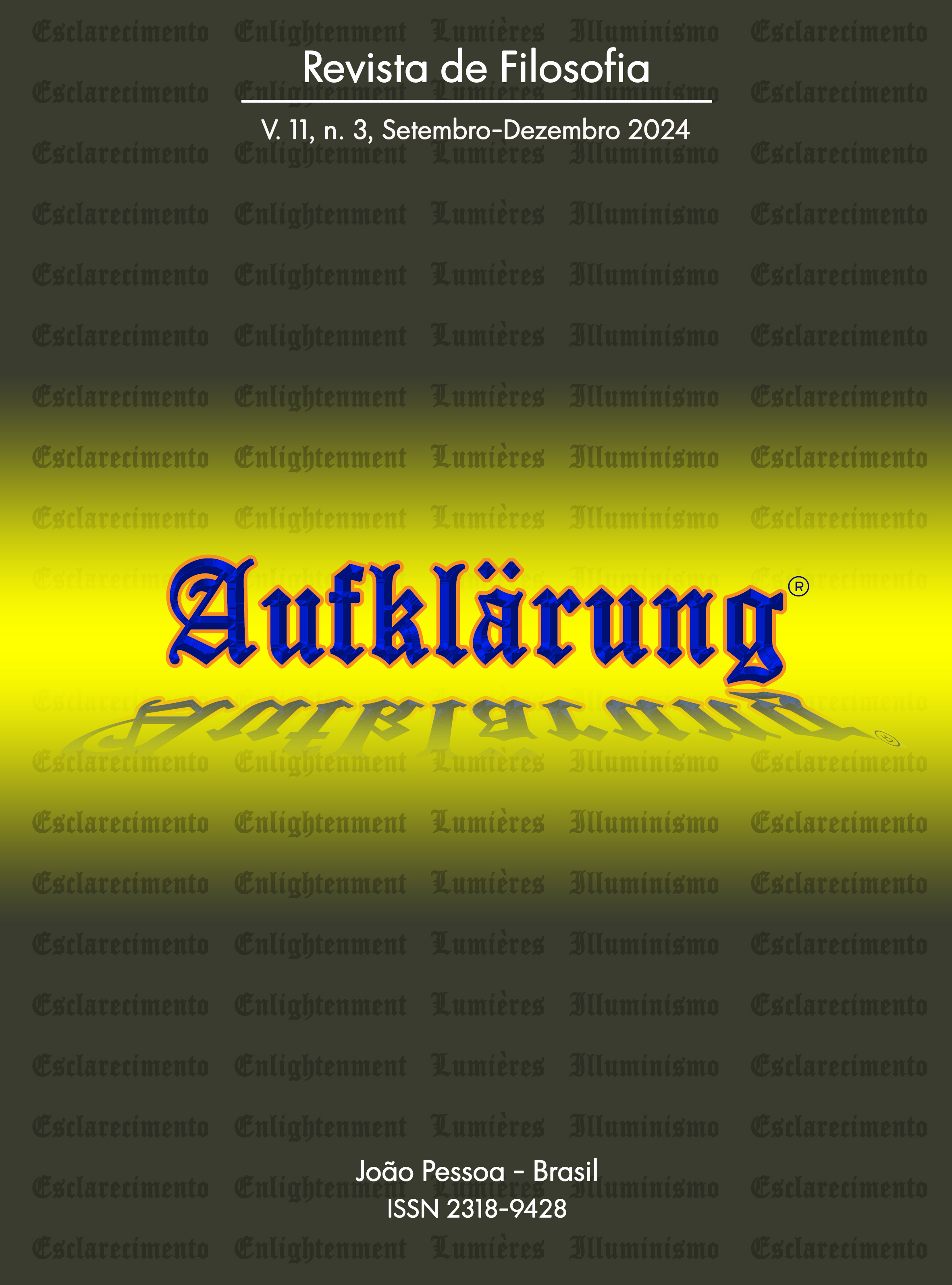The problematic division of competencies between the constitutional court and the democratic legislator in Habermas
DOI:
https://doi.org/10.18012/arf.v11i3.70594Keywords:
Constitutional Court, Democratic legislator, Jurisprudence of values, Right, HabermasAbstract
The problem of the division of competences between the constitutional court and the democratic legislator has been the subject of intense debates in the philosophy of law, especially when examined in light of Habermas' theory. This article proposes a detailed analysis of this issue, focusing on the articulation of theoretical currents that revolve around the issue of making the control of constitutionality exercised by the courts compatible with the principle of the sovereignty of the people. Our aim is to examine how different theoretical approaches address this crucial problem and how their ideas relate to and contradict each other. Three points will be investigated: i) Habermas' criticism of the decision-making practice of the Constitutional Court, especially in Germany, which is based on a liberal reading of the separation of powers. This criticism highlights the expansion of the functions of justice that compete with legislation due to the evolution of the liberal rule of law to an interventionist and welfare state; ii) The debate on the indeterminacy of law focused on the jurisprudence of the values of the German Constitutional Court. Here, the criticism is directed against the methodological self-understanding of this court, which equates guidance by principles with the weighing of goods; iii) The view of the Constitutional Court as protector of the democratic procedure of legislation, a perspective especially prevalent in the USA. This approach refers to the renewal of a republican understanding of the political process, emphasizing the importance of a non-instrumental political process. Habermas, therefore, is not limited to a simple dichotomy between popular democracy and judicial elitism or between tyranny of the majority and judges who guarantee rights. Instead, he offers a nuanced critique, recognizing the complexities and multiple dimensions of the judiciary's role in controlling legislation in contemporary democratic states.
Downloads
References
BÖCKENFÖRDE, E. W. Grundrechte als Grundsatznormen. In Recht, Freiheit, Staat. Frankfurt, 1991.
DENNINGER, Erhard. Verfassungsrechtliche Schlüsselbegriffe. In Der gebändigte Leviathan. Baden-Baden: Nomos, 1990.
DWORKIN, R. Levando os direitos a sério. Trad. de Nelson Boeira. São Paulo: Martins Fontes, 2010.
DWORKIN, R. Uma questão de princípios. Trad. de Luís Carlos Borges. São Paulo: Martins Fontes, 2019.
ELY, J. H. Democracy and Distrust: a Theory of Judicial Review, Cambridge, Harvard University Press, 1980.
HABERMAS, Jürgen. Facticidade e validade: contribuições para uma teoria discursiva do direito e da democracia. Tradução: Felipe Gonçalves Silva e Rúrion Melo. São Paulo: Editora Unesp, 2020.
KELSEN, Hans. Jurisdição Constitucional. São Paulo: Martins Fontes, 2003.
MAUS, I. Die Trennung von Recht und Moral als Begrenzung des Rechts. Rechtstheorie. Berlin, 1989, Vol 20, Num 2, pp 191-210.
MICHELMAN, Frank I. Law’s Republic. Yale Law Journal, 1987-1988, vol. 97, n. 8, pp. 1493-1537.
SCHMITT, Carl. O guardião da Constituição. Del Rey: Belo Horizonte, 2007.
SUNSTEIN, C. After the Rights Revolution: Reconceiving the Regulatory State. Harvard University Press, 1990.
Additional Files
Published
How to Cite
Issue
Section
License

This work is licensed under a Creative Commons Attribution 4.0 International License.
Journal general policy
1.This journal works under a Creative Commons License aplied to online journals. That icence can be read in the following link: Creative Commons Attribution 4.0 International (CC BY 4.0).
2.Accordingly to this License, a)the journal declares that authors hold the copyright of their articles without restrictions, and they can archieve them as post-print elsewhere. b)the journal allow the author(s) to retain publishing rights without restrictions.
Metadata Policy for information describing items in the repository
1. Anyone may access the metadata free of charge at anytime.
2.The metadata may be re-used in any medium without prior permission, even commercial purposes provided the OAI Identifier or a link to the original metadata record are given, under the terms of a CC BY license refered for the Journal.







































